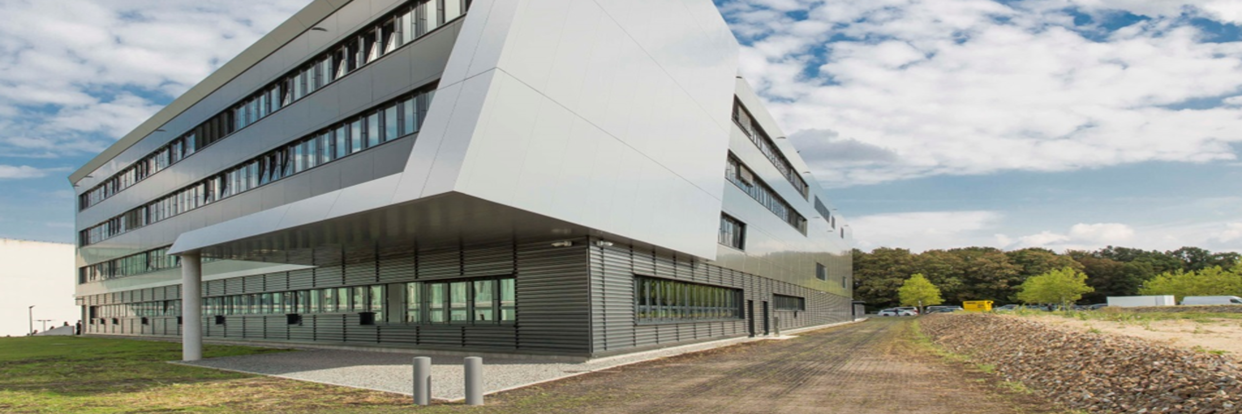

The ‘Digital Methods for Product Development and Circular Production of Sustainable Lightweight Structures’ (DigiPRO²green) project aims to significantly reduce the environmental impact of the production cycle through recycled materials and digitalisation. Circular production is an important driver for reducing emissions and aims to close material cycles by utilising recycled materials as consistently as possible in highly integrated components. However, challenges in recycling, such as material composites, make it difficult to use recycled plastics in structural components. For this reason, the varying material qualities and properties are taken into account from strategic planning and product development through to the ongoing production process, and evaluated in terms of quality and sustainability. The DigiPRO²green project thus aims to increase resilience in terms of increasing recyclate quotas in production by achieving the following three main objectives. The first objective area comprises the implementation of a cloud-based online tool for requirement tracking (CO2 savings/measurement of environmental impact) and for optimising structures in the context of integrated product development. The second objective involves the development and implementation of a multi-criteria assistance system for a circular and sustainable production system. Finally, in the third objective field, the production of a functional model to validate the developed technologies will be realised, thereby demonstrating the numerous technology transfer potentials.
The aim of the ifs is to understand the recyclate-related material properties in order to be able to specifically adjust process-related component and assembly properties or to include them in the design, so that the hurdle for companies to be able to use mechanical recyclates is lowered. The ifs focuses on the characterization and characterization methods of the material properties of recyclates, including the example of a new type of recycled fibre-reinforced PP, in order to generate a holistic understanding of recyclates along the value chain. Furthermore, through the input of the project partners along this value chain and the results of the sustainability improvement of the demonstrators, a holistic evaluation of the circular economy approach from design to end of life with the use of recyclates will be established in the project, which should go far beyond sustainability.
German Federal Ministry of Economic Affairs and Energy